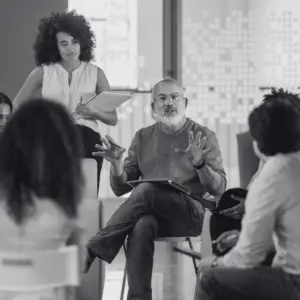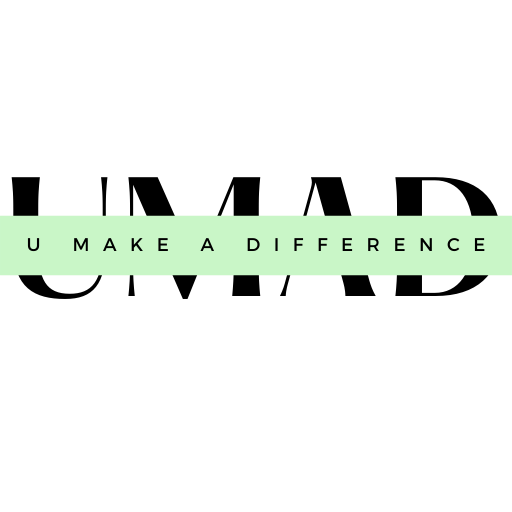Beliefs form the foundation of our approaches, communication, and behaviors. They are the ‘why’ behind our actions, shaping our intentions and influencing how we see, hear, and feel. There exist foundational beliefs for personal growth and facilitation that serve as guiding beacons, illuminating your growth journey and enhancing interactions with others. In the realm of facilitation, our beliefs are crucial as they impact every aspect of the process, evident in our approach and interactions.
However, these beliefs extend beyond facilitation—they have the potential to make a profound difference in all areas of our lives, shaping who we are, our relationships, and our interactions. In this blog, we explore what the essential beliefs for personal growth and facilitation are. Beliefs that influence powerful facilitation and that can transform our lives.
BELIEFS
Beliefs are the ‘why’ to our approaches, communication and behaviors. They are OUR INTENTION, REASON and PURPOSE FOR WHAT WE DO AND SAY. And they explain why our values are important to us.
Beliefs are our opinions and views, our truth and what we believe to be true for us. The power of beliefs is that they influence how we see, hear and feel things, what we see, feel and hear, how we interpret information we absorb and how we respond or react to that information.
 In facilitation our beliefs, no matter how much we try to hide them, are evident in every aspect of our facilitative approach. They can be seen, heard, and especially felt and sensed by others.
In facilitation our beliefs, no matter how much we try to hide them, are evident in every aspect of our facilitative approach. They can be seen, heard, and especially felt and sensed by others.
Being aware of our beliefs is important so that we can consciously work with them, take responsibility for them, so that we are respecting and honoring each person we interact with, including ourselves.
BELIEFS THAT SHAPE FACILITATION AND OUR LIVES
1. Beliefs about yourself
- Trust in your ability to facilitate and access the answers within.
- Know that you can handle everything that happens.
- Accept that you are not required to know everything and have all the answers, you can discover the answers with others.
- Embrace the awareness that the process is not about imposing your own journey on others.
- Recognize that the facilitation process is bigger than yourself and focus on assisting others.
- Maintain neutrality by processing your judgments, expectations, and emotions beforehand.
2. Beliefs About People
- Believe in the potential and capability of individuals.
- People have the answers they require for themselves.
- Respect every person, even when they struggle to respect themselves.
- Understand that everyone wants to develop but may be scared or unsure how to.
- There is beauty and goodness within everyone and what they do is not who they are.
- Acknowledge the uniqueness of individuals and groups in their processes and journeys.
- Resistance is an internal struggle that individuals face, hindering their own progress.
- Disrespect towards others reflects a lack of self-respect.
- Valuable insights, cues, and guidance towards the direction of the process can be obtained from others.
3. Beliefs About The Process
- Trust the unfolding of the process and work with it.
- Accept that processes have their own unique paths, which may deviate from expectations.
- Understand that resistance and distortion occur when the process is controlled or forced.
- Trust that multiple outcomes are possible and valuable.
4. Facilitator Ethics
- Uphold confidentiality, impartiality, and objectivity while processing your own subjectivity.
- Maintain spiritual guidelines and cultural awareness.
- Address emotions, disrespect, and safety issues appropriately.
- Recognize the cues to step in for the well-being of individuals or group
THE IMPACT OF THESE BELIEFS ON LIFE:
These beliefs are not only vital for facilitation but are fundamental for how we should view, treat, and interact with ourselves and others.
By embracing empowering beliefs, we unlock our personal and relational potential, creating meaningful and transformative experiences. They guide us in developing deep connections, fostering growth, and achieving positive outcomes—in both facilitation and life.
CONCLUSION:
Embracing empowering beliefs is key to unlocking powerful facilitation and transforming our lives. These beliefs provide a framework for respectful, effective, and impactful interactions in the facilitation process. Moreover, they guide us in treating ourselves and others with dignity, unlocking our potential for personal growth, and fostering positive relationships.
As we integrate these beliefs into our own lives, we not only amplify our facilitation skills but also create a ripple effect of positive change in the world around us. Let these empowering beliefs illuminate your path to facilitation and life transformation.
Why these beliefs are fundamental for life...
They are inherent to our true selves and represent the right way to view, treat, and interact with both yourself and others.
If you would like to explore some of these beliefs with me, do not hesitate to send me an email at melinda@globallymad.com.
